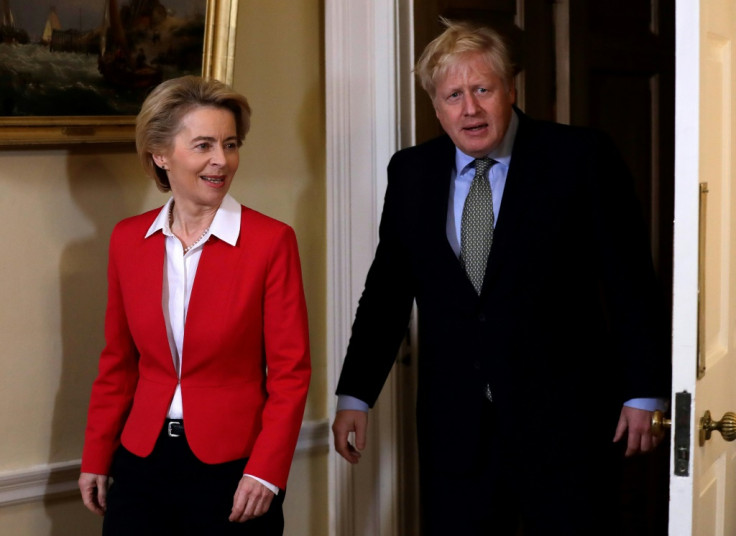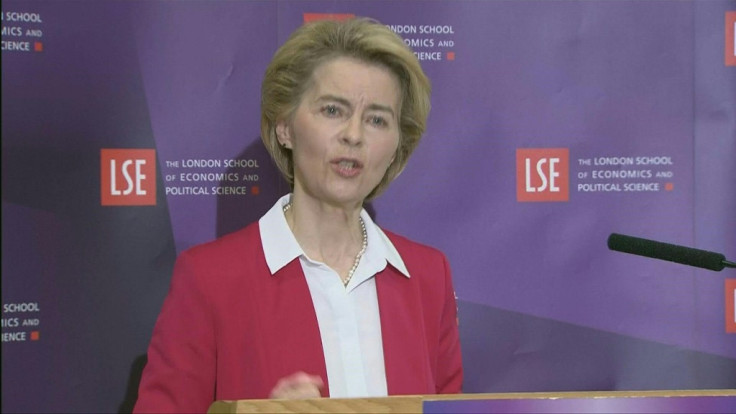Finally, British MPs prepare to seal Brexit deal
The Brexit deal covers separation issues such as EU citizens' rights and Britain's financial settlement.
After years of bitter arguments, British MPs will on Thursday finally approve the terms of Brexit, paving the way for the UK to leave the EU on January 31.
The House of Commons will complete its scrutiny of a bill ratifying Prime Minister Boris Johnson's European Union divorce deal, drawing a line under an extraordinary period of political chaos.
For much of the time since the 2016 Brexit referendum, MPs have been deadlocked over how, when and even if Britain should end almost half a century of European integration.
But Johnson's victory in last month's general election brought an abrupt end to the turmoil, giving his Conservatives a parliamentary majority with which to push Brexit through.

MPs gave their initial approval to the EU Withdrawal Agreement Bill before Christmas, and the government set aside three days this week for detailed scrutiny.
But few MPs even bothered to turn up on Tuesday and Wednesday, while the government easily saw off opposition attempts to amend the text.
In a striking contrast to much of last year, when every Brexit vote risked bringing down the previous government and eventually did, Commons approval on Thursday is now a done deal.
The Brexit bill must still be passed by the unelected House of Lords and the European Parliament, but this is expected before January 31.
All eyes are now on another major challenge: the negotiation of a new relationship between Britain and the EU, its largest trading partner.
The Brexit deal covers separation issues such as EU citizens' rights and Britain's financial settlement, and sets out an 11-month transition period in which to agree a wider partnership.
Brussels warns the current deadline of December 31 is extremely tight, and has given London the option to ask for more time.
But Johnson insists there will be no extension of the transition period, saying that Britain must be free of EU rules as soon as possible.
"We will have to prioritise," she said in a speech to the London School of Economics university, warning of "tough talks ahead".
In response, Johnson's office indicated that it could accept a partial trade deal.
London did not want the EU's long-standing policy that "nothing is agreed until everything is agreed" -- -- intended to stop one side cherry-picking bits of a deal they like -- to define the coming negotiations, a spokesman said.
"We are very clear we want to get on in terms of negotiating a deal," he said.
Copyright AFP. All rights reserved.

This article is copyrighted by International Business Times, the business news leader





















